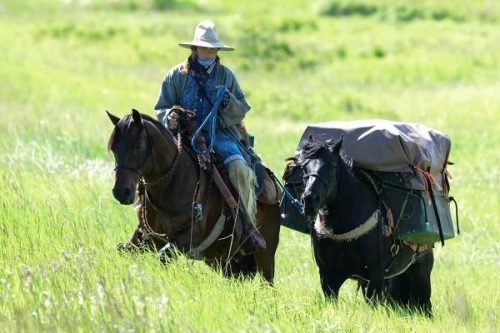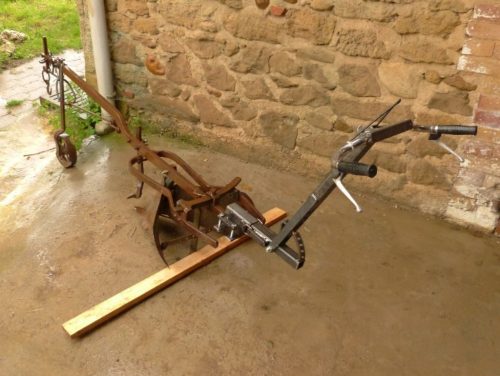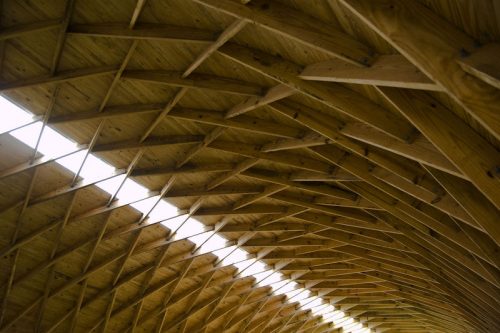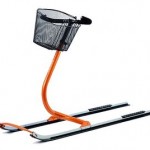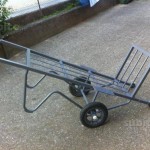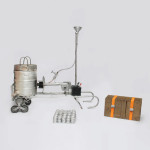The Long Riders’ Guild is the world’s first international association of equestrian explorers and long distance travellers. [Read more…]
Rethink, Retool, Reboot: Technology Justice
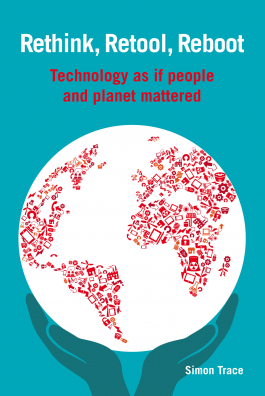 Practical Action, the international NGO that uses technology to challenge poverty in “developing” countries, has published a new book that is freely accessible online. Rethink, Retool, Reboot: Technology as if People and Planet Mattered is written by Simon Trace.
Practical Action, the international NGO that uses technology to challenge poverty in “developing” countries, has published a new book that is freely accessible online. Rethink, Retool, Reboot: Technology as if People and Planet Mattered is written by Simon Trace.
A fifth of the world’s population lacks access to technologies fundamental to a basic standard of living, while unfettered use of technology by those who have it brings its own problems. Inspired by EF Schumacher’s 1973 book Small is Beautiful, Trace argues that ending poverty and achieving environmental sustainability cannot be realized without radical changes to the way technology is developed, accessed, and used:
“Humanity has lost control of technology, or rather relinquished it to the vagaries of the market, assuming its ‘invisible hand’ will ensure the most efficient development and dissemination of technology that best meets people’s needs – an assumption that is wrong.”
The book is divided into three sections. Part 1 starts by looking at notions of technological progress and the relationship between technology and human development, demonstrating the need to ‘rethink’ how we use and provide access to technology. Part 2 goes on to explore the idea that we need to ‘retool’ — to re-examine our innovation processes — in order to focus on driving technology development towards, rather than away from, the twin problems of poverty and environmental sustainability. The book closes with a third section that sets out a series of radical changes required to ‘reboot’ our relationship with technology.
No Tech Reader #7
“Are we fixing the right things? Are we breaking the wrong ones? Is it necessary to start from scratch every time?”
- Solving all the wrong problems. [NYT]
- The Internet of Things has a dirty little secret: it is not really yours. [The Verge]
- Farmers demand right to repair their own tractors. [Modern Farmer]
- How technology disrupted the truth. [Guardian]
- The hand-held’s tale. [Aeon]
- Just us. No Phones.
Wind Power System Made from Plastic Buckets
“Vietnamese families living in slums along the Red River in Hanoi are using red plastic buckets and old printers to help light homes, cook meals and slash electricity costs by as much as a third. The recycled goods form the blades and motors of electrical generators that power old motorcycle batteries to illuminate lamps with a brightness equivalent to a 45-Watt light bulb. Though the output generated is small, it makes a significant difference for families previously denied power because they lived too far from a power station or had to ration supply because of the expense.”
More information at Reuters: Plastic buckets, broken printers shine light on Hanoi’s poor. Via Playground Magazine.
See all our low-tech windmill posts.
Adapted Tools for Organic Farming
L’Atelier Paysan is a French-speaking collective of small-scale farmers, employees and agricultural development organisations who design open source farm tools.
Based on the principle that farmers are themselves innovators, they have been collaboratively developing methods and practices to reclaim farming skills and achieve self-sufficiency in relation to the tools and machinery used in organic farming.
They have an English language website, which includes about a dozen tool descriptions with technical drawings. All tools can be appropriated and modified by farmers. [Read more…]
Lamella Roofs
A lamella roof, also known as the “Zollinger roof” (after Friedrich Zollinger), is a vaulted roof made up of simple, single prefabricated standard segments (mostly in timber) as a way to span large spaces. The individual pieces are joined together with bolts and/or plates to form a rhomboid pattern. Wooden sheathing covers the structure on the outside. The lamella roof was patented in 1910 and became popular between the World Wars, especially in Germany when metal for construction was in short supply. Some of these structures are now almost 100 years old and many of them remain in very good condition.
Read more: Lamella Roof, Open Source Ecology.
